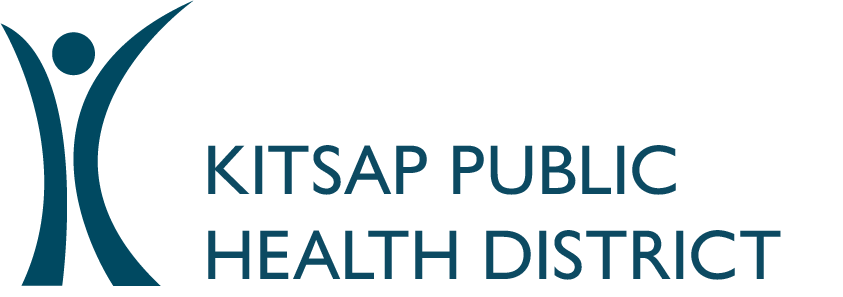No-contact advisory issued for Kitsap Lake due to sewage spill
- tadsooter
- Nov 17, 2024
- 3 min read
No-contact advisory in effect through Nov. 22.
The affected shoreline is highlighted below:

Affected area: Kitsap Lake
No-Contact Advisory: A no-contact advisory is in effect through Nov. 22.
During a no-contact advisory, avoid contact with water in the affected area. We recommend against swimming, wading, or types of water recreation that could cause water to be swallowed or get into the mouth, nose, or eyes. Avoid direct skin contact with the water if possible and immediately wash with soap and clean water if you have exposure to the water.
Signs will be posted at public access points.
For more information, visit kitsappublichealth.org/beaches.
Incident Details
Source of pollution: Sewage spill reported by Bremerton Public Works
Estimated spill volume: 1,400 gallons
Date of incident: Nov. 17
Contact: Bremerton Public Works, 360-473-5920
What is Kitsap Public Health District's role in responding to sewage spills?
As a public health agency, our role is to notify community members of potential health risks caused by sewage spills, so they can take steps to protect their health. Kitsap Public Health is not required to issue sewage advisories. Not all Washington jurisdictions choose to alert the public to sewage spills. We issue sewage spill advisories because we believe Kitsap residents should be aware when there is potentially harmful fecal pollution in our waterways.
Kitsap Public Health does not operate wastewater (sewage) utilities. These systems are operated and maintained by local wastewater purveyors, including county and city public works departments.
Kitsap Public Health does not regulate wastewater (sewage) utilities, meaning we do not issue permits for systems, inspect systems, or have authority to take enforcement action. The state Department of Ecology regulates wastewater systems.
Kitsap Public Health does regulate onsite sewage (septic) systems in Kitsap County.
How are sewage spills reported?
When a spill is identified, the wastewater purveyor, such as a local city or county public works department, notifies Kitsap Public Health. Notification can occur 24 hours a day.
Kitsap Public Health gathers information on the spill, including volume, effluent type, duration, location, impacted areas, and more.
Depending on the spill location, we consult with the state Department of Health Shellfish Program to determine the expected impact from the spill (based on models the program has for marine waters).
If appropriate, we issue advisories (typically a 7-day no-contact advisory and 21-day shellfish harvesting advisory).
We notify the public via signs at public access points, email and text notifications, website updates, and posts on Facebook, Twitter, and Instagram. In addition, advisories are often reported in local news media and shared by other government agencies and community organizations.
Why are sewage spills a public health risk?
Wastewater or sewage contains human fecal matter (poop). Fecal matter can carry bacteria and viruses that cause diseases, such as giardia, cholera, hepatitis A, shigella, salmonella, and viral gastroenteritis.
Sewage spills can discharge waste into streams or ocean water, increasing the risk of illness for people who have contact with the water. Waste from sewage spills can also pollute shellfish, increasing the risk of illness for people who eat shellfish.
It can be difficult to measure the actual health risks associated with sewage spills. Risk varies depending on how much sewage was spilled, whether the sewage was treated or untreated, the size of the waterbody the spill affected, water currents, and many other factors. Different activities also carry different risks. For example, swimming in polluted water has a much higher risk than wading along a beach or paddling in a kayak.
We issue no-contact advisories as a precaution to prevent people from getting sick. We recommend people avoid contact with water in the area for at least a week after a sewage spill and avoid harvesting shellfish in the area for at least three weeks after a sewage spill. In general, people should avoid any activity that could result in the contaminated water getting into their mouth or eyes and should wash thoroughly if they have contact with the water.
For more information about this public health advisory issued by the Kitsap Public Health District, please contact:
Tad Sooter | Public Information Officer
Kitsap Public Health District
360-728-2330 pio@kitsappublichealth.org





.png)
